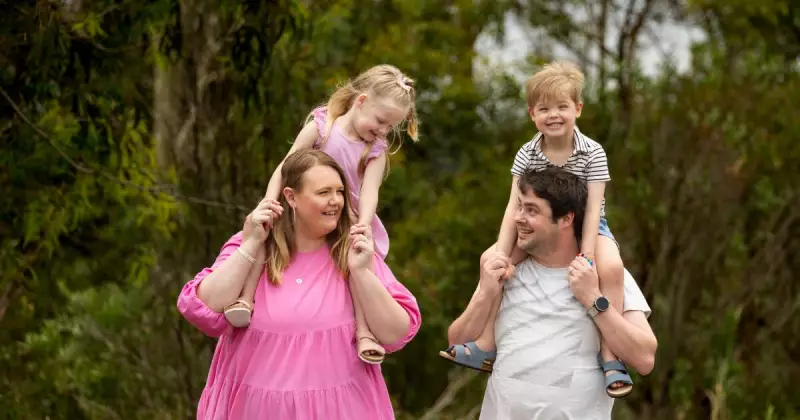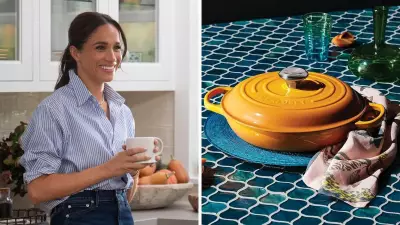
Laura Wilson's life transformed with the arrival of her twins, Jasper and Chloé, but the joy was soon overshadowed by a profound physical and mental health crisis that led to a diagnosis of postnatal depression.
A cascade of medical complications
The Fletcher mother's ordeal began immediately after the birth. In the first month alone, she endured 25 days across multiple hospital stays, involving four surgeries and countless intravenous drips.
Her journey started with a caesarean delivery. Her son, Jasper, faced immediate health concerns with his kidneys. Ms Wilson then developed a serious infection in her caesarean wound, all while navigating the immense challenge of learning to care for two newborns.
"Trying to work out how to look after two babies while dealing with an infection was incredibly difficult," she recalled.
Her physical struggles escalated when she was diagnosed with acute pancreatitis, a condition marked by overwhelming pain that had actually started in the final week of her pregnancy.
The descent into a mental health crisis
This perfect storm of medical emergencies took a severe toll on her psychological wellbeing. Ms Wilson developed what she describes as "quite serious mental health issues."
"I couldn't stop crying," she confessed. "I got the baby blues hard, and they lasted quite a long time."
Her situation is tragically common among parents of multiples. Ms Wilson, who is now a director of the Australian Multiple Birth Association, revealed a startling statistic. "Multiple birth parents are five times more likely to experience postnatal depression than mums with single babies," she said.
This is supported by the association's own survey from last year, which polled more than 1200 parents of twins or triplets. The findings were stark: 70 percent of these parents reported experiencing mental health challenges during their children's first two years.
During her extended hospitalisation, Ms Wilson felt profoundly isolated. "Hospitals aren't cheery places. My mental health was quickly deteriorating," she shared. The clinical environment prevented her from establishing a routine and bonding naturally with her infants.
Finding a lifeline and building a new community
A critical turning point came when a psychologist visited her in hospital. The professional offered immediate validation and practical strategies for recovery.
"She was quick to say you're having a tough time, but we'll get you through it," Ms Wilson remembered. The psychologist emphasised self-care, advising her to "make time for friends and see them at least once a week."
When the twins were four months old, the family relocated from Brisbane to Newcastle, where Ms Wilson knew no one. Seeking connection, she turned to the Australian Multiple Birth Association, which has operated in Newcastle for nearly six decades.
This community proved transformative. "It's a fantastic community," she said, describing her first new mums' lunch where every mother was navigating the same unique challenges of raising twins or triplets.
Now, with Jasper and Chloé aged four, Ms Wilson reflects on the chaotic but rewarding journey. "Every milestone is double the size," she said with a laugh. She and her fiancé, Mitchell Stewart, prioritise time for themselves, relying on grandmother sleepovers and the support of fellow twin mums.
Ms Wilson's story, shared during Perinatal Mental Health Week, carries a powerful message for other families. "We should include multiple birth families in the conversation about mental health," she urged, highlighting a need for greater awareness and targeted support for those parenting multiples.





